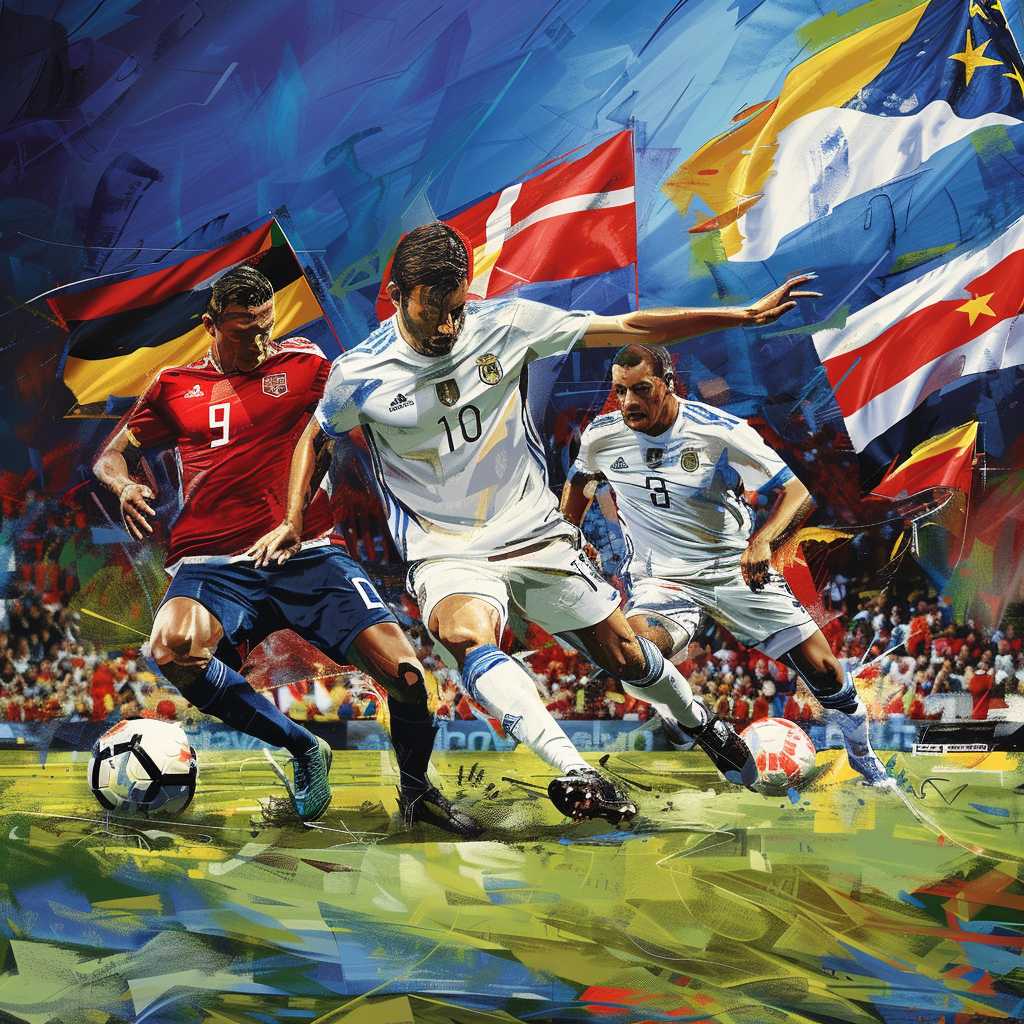Overview of the UEFA European Championship Qualifying Process
The UEFA European Championship (commonly known as the Euros) is one of the pinnacle tournaments in international European football, second only to the FIFA World Cup in global prestige. The tournament, which is held every four years, involves national teams from across the continent contending for the title of European champions. Qualification for this esteemed event is a rigorous process, with teams from a multitude of backgrounds battling through a structured campaign in hopes of securing their place in the finals. Qualifiers typically run over a period preceding the main tournament and involve variations of group-stage play and sometimes playoffs to determine the final tournament lineup.
The Qualification Format
In its most recent format, UEFA organizes its member nations into several groups based on seeding rankings. Each team plays home-and-away round-robin fixtures against the other teams in their group. The ranking within each group is determined by number of points, with teams earning three points for a win, one point for a draw, and none for a loss. Tiebreakers can involve various criteria, such as goal difference, goals scored, head-to-head records, and away goals.
Usually, the winners (and sometimes runners up depending on the number of tournament slots available and the specific iteration of the qualifying setup) of these groups automatically qualify for the Euros. In some qualifying campaigns, there’s also a pathway for third-placed teams to enter a playoff for additional spots.
Historical Evolution
The qualification process for the Euros has evolved over time as UEFA membership has expanded. With each edition, larger formats have been introduced to accommodate more teams, resulting in changes to both qualifying and final tournament group structures. This ongoing evolution represents UEFA’s dual commitment to inclusivity amongst its members and maintaining competitive standards that are befitting such an esteemed competition.
For example, the qualifying process for Euro 2020 marked a new term: The play-off berths were no longer to be solely decided by results from the qualification group stage. Instead, UEFA used its newly established Nations League competition to provide additional chances: Nations League performance provided another route to the Euro Finals, creating an intriguing dynamic where good performance could offer a safety net outside traditional qualifying groups.
Controversies and Criticism
No system is without its critics. There have been controversies over various aspects of qualifying formats. The playoffs’ relation with Nations League outcomes nags traditionalists, while seeding methodology leading up to draw decisions has sometimes also earned scrutiny regarding how accurately they reflect current team strengths.
Moreover, some argue that the expansion of the tournament format (from 16 to 24 teams starting with Euro 2016) dilutes quality by allowing weaker teams into the tournament. Conversely, others celebrate this same change as it affords smaller nations a shot at major competition not possible otherwise.
Key Moments in Euro Qualifiers History
Historically, qualifiers have been home to some iconic moments. From stunning upsets like Greece’s road to eventual glory in 2004 to heroic performances from smaller nations punching above their weight—the stories crafted during Euros qualifying capture imaginations and engrain themselves into football folklore.
The qualifiers are full of drama: crunch matches where national heroes are born and heartbreaking instances where dreams narrowly shatter just short of making it to the grand stage of European football. Perhaps part of what makes qualifiers so engaging is this narrative potential – every kick can make history.
